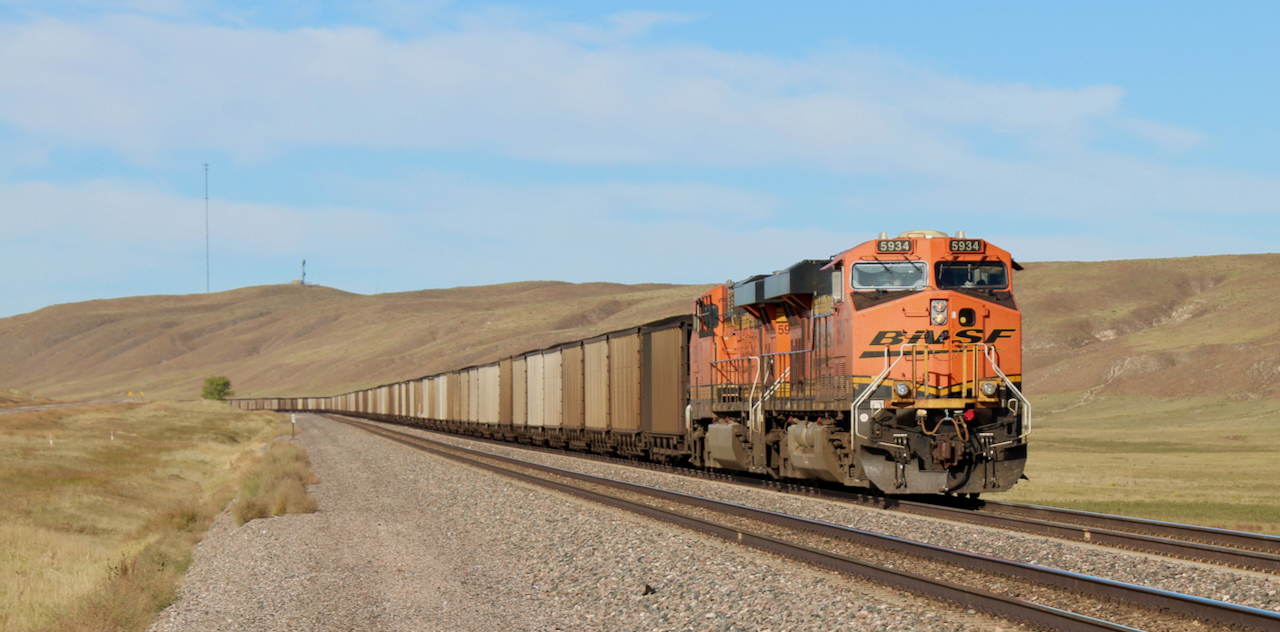
Imagine that you’re the head of the Federal Railroad Administration. A railroad proposes inspecting brakes with wayside detectors that find 10 times more defects than carmen can see during an inspection in a yard. It’s a significant improvement in safety. Rail labor’s on board, and your own safety experts back the proposal, too. You’d give the plan your blessing, right?
Not if you’re Amit Bose, the current FRA administrator. For nearly seven months now Bose’s FRA has been sitting on a BNSF Railway request to include coal trains in a successful brake inspection waiver that for four years has included certain intermodal and unit grain trains.
Under BNSF’s Brake Health Effectiveness program, wayside detectors at two sites on the Southern Transcon and two on the Northern Transcon measure car wheel temperature as trains pass by while heading downgrade. If cold or excessively hot wheels are found, carmen know exactly where to find them when the train stops at the next terminal. If no defects are found, the waiver allows trains to skip the required intermediate terminal brake inspection.
The results have been impressive. Between Aug. 29, 2019, and June 13, 2023, some 24,372 trains operated under the waiver. The program eliminated the need to inspect 14,959 trains, while triggering alerts for carmen to make 38,000 automatic single-car tests. Carmen then went on to make 41,092 air-brake repairs, including replacement of more than 18,000 valves. In all, the waiver allowed BNSF to eliminate 11,215 inspection hours while providing carmen with 23,144 additional hours of repair work.
Based on this success, BNSF in June 2023 officially asked the FRA’s Safety Board to expand the existing Brake Health Effectiveness waiver to cover coal trains operating over the Pikes Peak Subdivision in Colorado and the Sand Hills Sub in Nebraska. Loaded trains that pass the wayside tests would be permitted to skip extended haul inspections at Amarillo, Texas. Empty coal trains that pass the test would bypass inspection at Temple, Texas, but still undergo an extended haul inspection at the coal hub of Alliance, Neb.
The FRA’s Labor and Test Committee – which includes BNSF mechanical and transportation officials; representatives of the unions representing carmen, conductors, and engineers; FRA’s regional and Washington-based safety experts; the Association of American Railroads; TTX; and suppliers New York Air Brake and Wabtec — unanimously supported extension of the waiver. That was on June 22, 2023.

At a House of Representatives Transportation & Infrastructure subcommittee hearing on Thursday, Bose faced several questions about the status of the brake waiver extension request, why it hasn’t been approved, and when it will be.
Rep. Brian Babin, R-Texas, said requiring trains to stop mid-trip for a visual brake inspection slows supply chains. He asked Bose for a timeline for approval of BNSF’s proposal.
“We will review that in the due course under our safety regulations and make sure it meets the highest levels of safety,” Bose replied. “I will tell you also, congressman, our innovation principles that we’ve laid out requested that anytime there’s a technology request in the waiver process, that there’s consultation with the workers that will use them and the workers on which that technology will rely.”
But workers have already been consulted. In fact, Brotherhood of Railway Carmen President Donald E. Grissom reminded Bose of the union’s backing of the waiver extension in a Jan. 11 letter. “In 2023, the BRC went on record with the FRA in support of the expansion of BHE technology beyond intermodal and grain trains to coal trains. We are collectively waiting for the FRA to approve this new initiative,” Grissom wrote, noting the test waiver has had a “very positive impact on safety and car and train braking performance.”
Grissom even asked FRA to go a step further and allow the wayside detection technology to be deployed at Mexico border crossings, which he says would make rail operations more fluid, safer, and more secure. “This process could reduce congestion at the border, reduce residential blocked crossings in border municipalities, reduce stopping equipment that can be boarded by unlawful individuals, and enhance wayside technology that will reduce potential derailments on equipment moving out of Mexico,” Grissom wrote.
Rep. Bruce Westerman, R-Ark., noted that the BNSF program is 10 times more effective than visual inspections and has the backing of labor. Why, he asked, has this been pending for so long?
Bose said FRA still must review several comments. The docket for the waiver, however, includes eight comments, all of which are outdated and don’t pertain to the 2023 expansion request.
Bose told Westerman that the FRA encourages the use of technology to improve safety. “At FRA we believe strongly in technology and visual inspections working together. We endorse that. It should not be one at the expense of another,” Bose said.
The brake health program provides exactly the balance Bose says the FRA is seeking. And yet the waiver expansion request still awaits his signature.
Rep. Eric Burlison, R-Mo., asked Bose for a timeline for review and approval of the waiver extension.
“Brake health effectiveness technology is utilized right now. It can continue to be utilized right now. I encourage it to be utilized right now,” Bose said.
Then he veered off into the weeds: “I don’t want to disrespect the people who are working on the railroads. The railroad workers who do their duties every day, day in and day out, through COVID, in bad weather conditions,” Bose said. “They have a skill set, congressman, that I don’t think any of us in this room have and I don’t want to disrespect their role in railroad safety.”
With labor already on board, the people Bose should be worried about disrespecting are the FRA’s career safety professionals, whose waiver recommendations are being ignored.
Burlison pressed the matter, asking why FRA hasn’t approved the waiver extension when data clearly shows the program works.
Bose said FRA will look at the data — and noted that Congress could legislate use of braking inspection technology.

Rep. Tracey Mann, R-Kan., took a final crack at getting a straight answer from Bose, asking for a specific timeline.
Bose said he would get back to Mann with a timeline, repeated his assertion that the FRA still had to look at comments and safety issues, and hoped there would be enough FRA staff in place with continuous funding that would allow them to review waivers. And then he reversed himself: “I can’t give you a specific timeline.”
BNSF’s brake waiver extension is just one of several requests that the Class I railroads have pending at the FRA. “Waivers are a common tool that allow railroads to use new technologies while following FRA safety guidelines,” the Union Pacific said in a statement. “While we are waiting on a response for a handful of waivers, we share the same goal as the FRA — a safe operating environment — and we look forward to continued partnership and the agency’s response.”
It’s unclear why Bose is standing in the way of progress, particularly when rail safety has been in the headlines since the disastrous Feb. 3, 2023, Norfolk Southern derailment in East Palestine, Ohio. But he should act now to approve BNSF’s expanded brake health effectiveness program.
You can reach Bill Stephens at bybillstephens@gmail.com and follow him on LinkedIn and X @bybillstephens






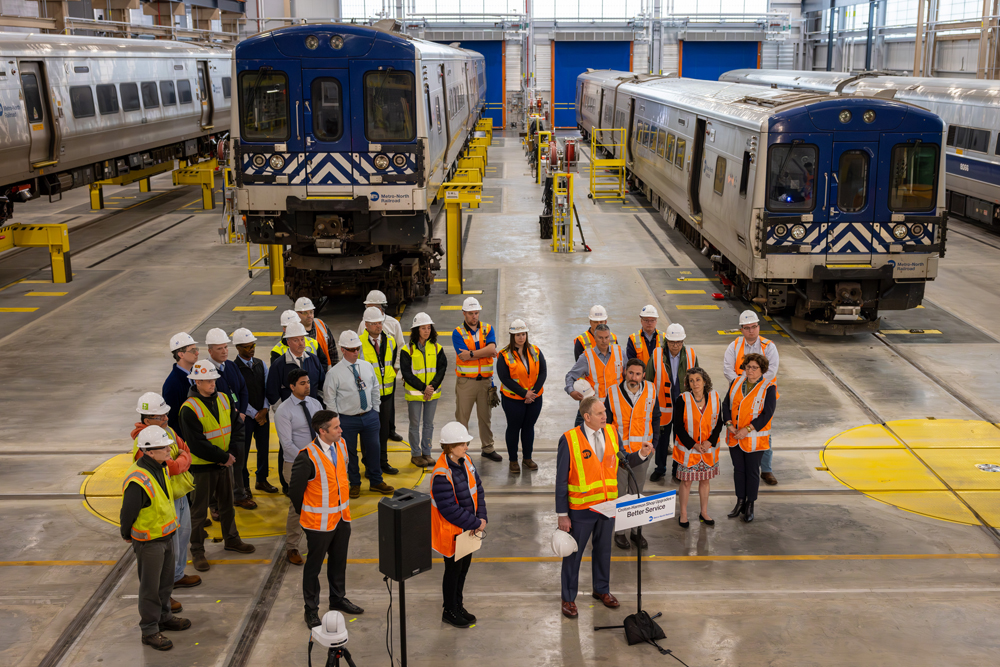
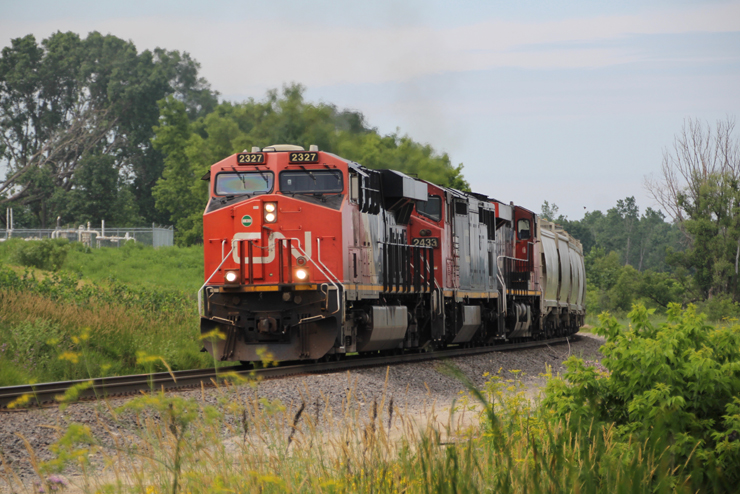
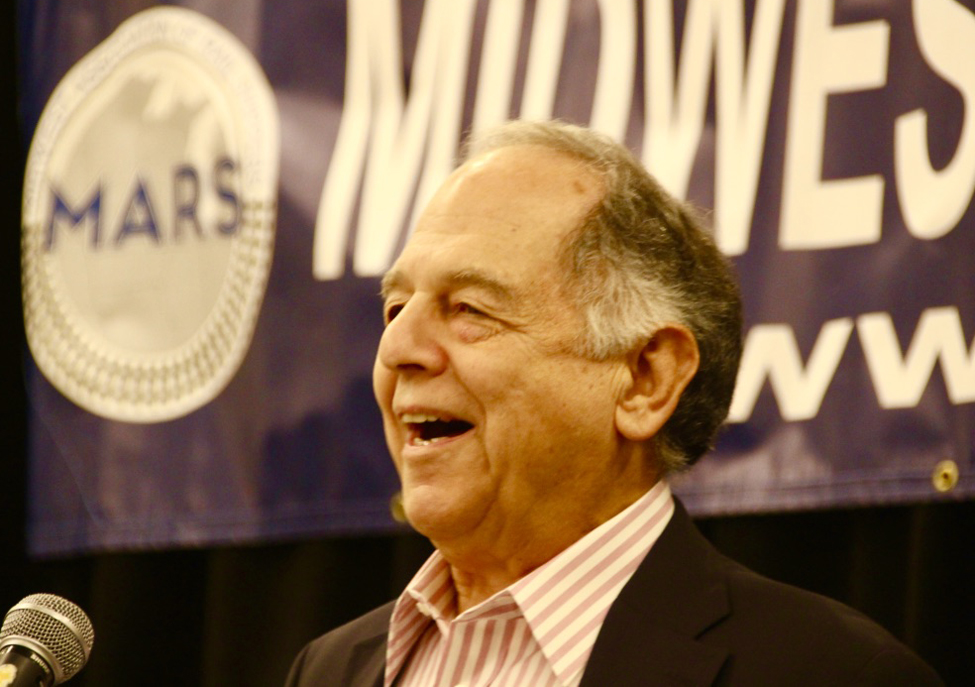
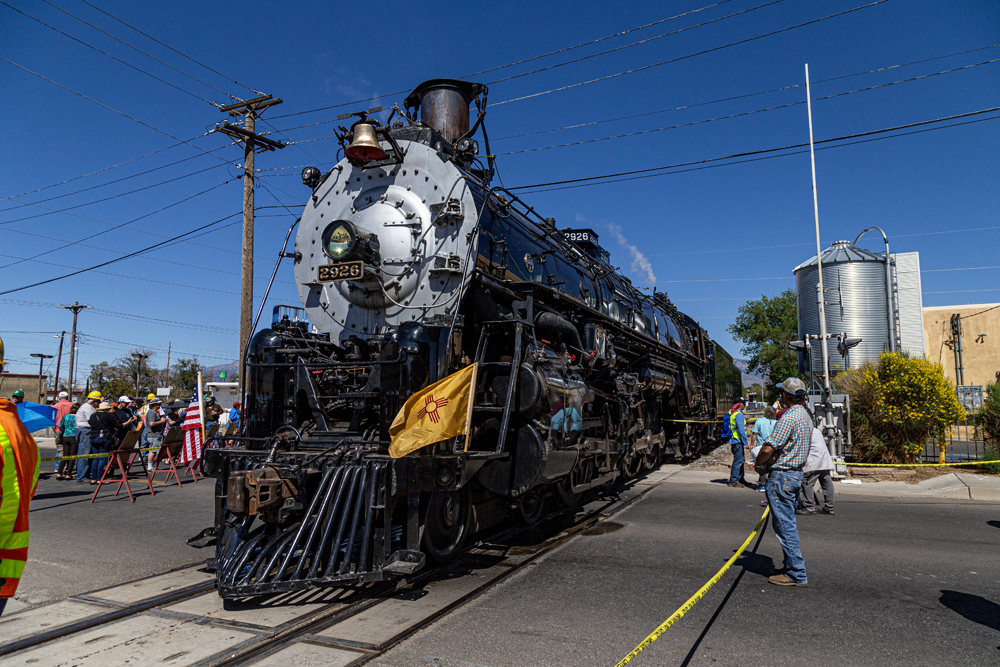
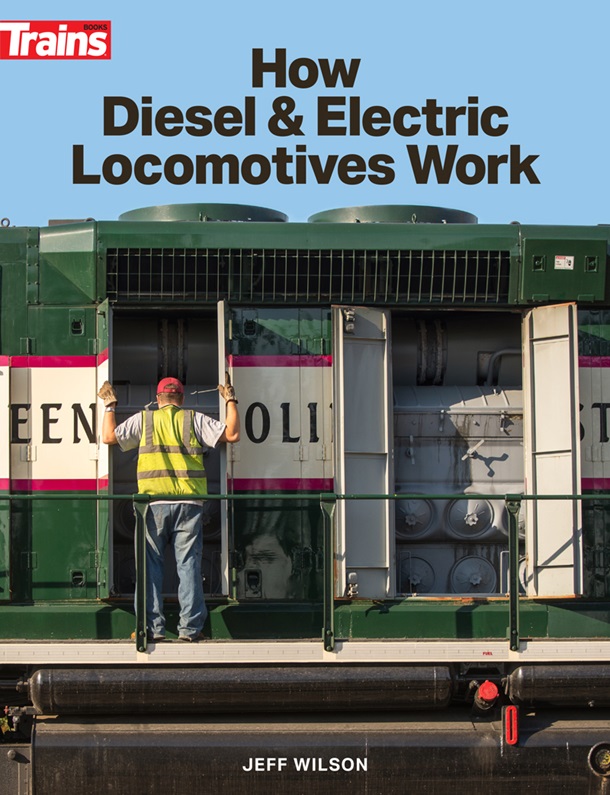
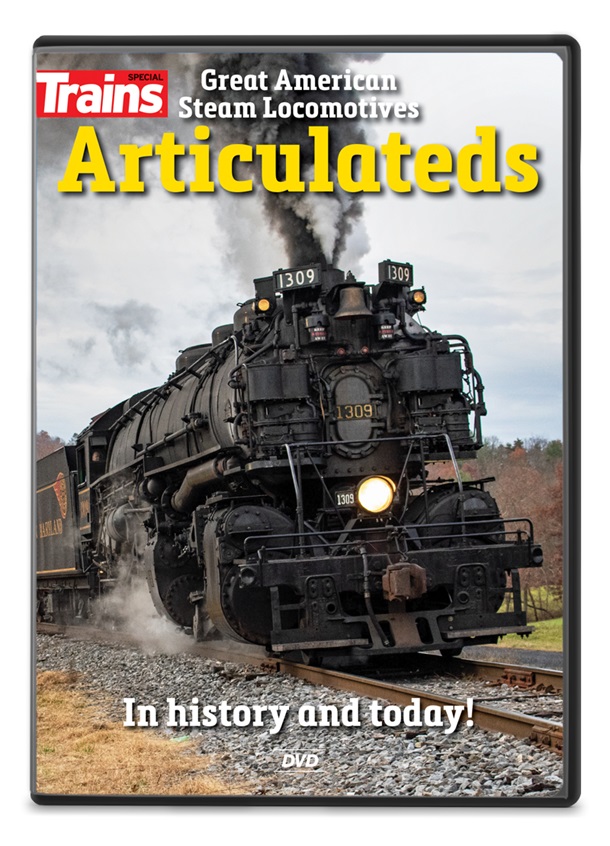

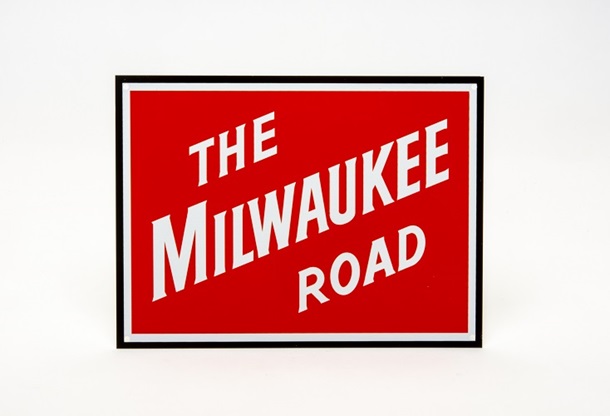
Bose & therefore FRA are scared to pass any new regulations or issue any emergency orders. There is a whole host of things they could have done after E. Palestine, but they sat on their hands, scared to death of the RRs he /they are supposed to regulate. I can’t think of one new regulation FRA has imposed on the RRs in the 3 years he has been in charge.
The FRA is a government institution, therefore, worthless
Slow walking regulations or waivers is the tip of the iceberg here… BNSF has some high density lines that lend themselves to this sort of automation and has made an investment in technology to improve operations. But what about the other 5 in the industry? Unless THEY add similar technology, they are at a competitive disadvantage. Should the new practice become a regulation for all class 1s and expand beyond 4 sites on BNSF? Of course, there is no way of knowing what goes on behind the scenes. Knee jerk reactions may be unwarranted.
My question is why has the Rail Safety Act been bottled up, why can these issues be directly addressed with FRA regulations and what becomes of the inevitable NTSB recommendations when it issues the report on the East Palestine disaster. Railroad lobbyists and lawyers already stripped the RSA.
Just another reason and example why hearings in congress are a total waste of time.
I disagree. Without such hearings the bureaucrats wouldn’t have to answer for anything. At least the pressure has been upped. Given all the influence the climate lobby has on Biden, I also suspect that’s most likely cause for the delay.
Wish Bill would have included Amit Bose’ profile, seems to be pretty intelligent for the position compared to others. Just another bashing from Congressional representatives it appears to take away from more important items in Washington like the Budget or Border for starters.
https://railroads.dot.gov/about-fra/organization/amit-bose-administrator
Maybe the magic words are “coal trains.” Since coal is the environmentalists’ embodiment of pure evil anything that helps move coal will not be allowed under the Biden administration.
The swamp rides the rails…
He would make a good politician…getting well paid for doing little.
Sounds like Bose is holding the waiver for ransom, for some kind of assurances of continued or expanded budget funds, Just saying . . . . . . . .
The proposal waives visual brake inspection, which is a key requirement in safety regulations. Any elimination of visual inspection is reason for caution. However, BHE has proven itself in real-world conditions. It’s time to extend the waiver or incorporate new BHE rules into FRA regulations.